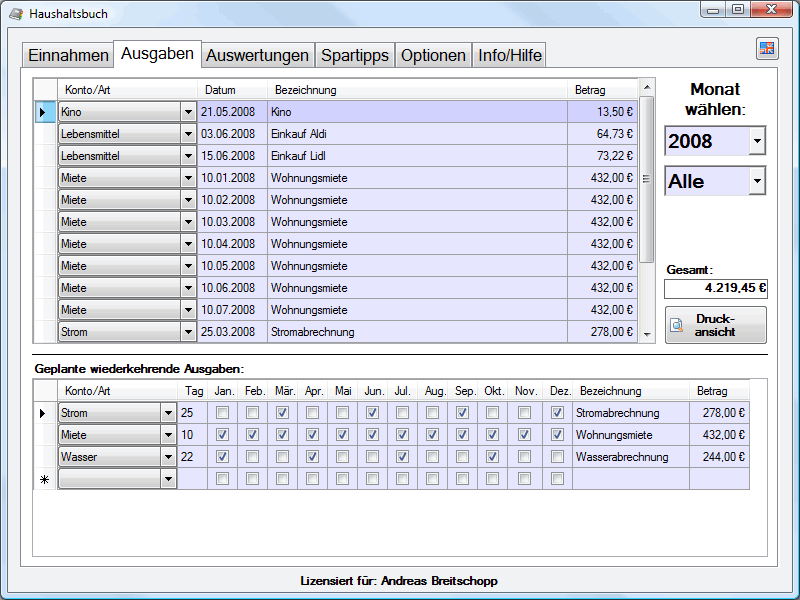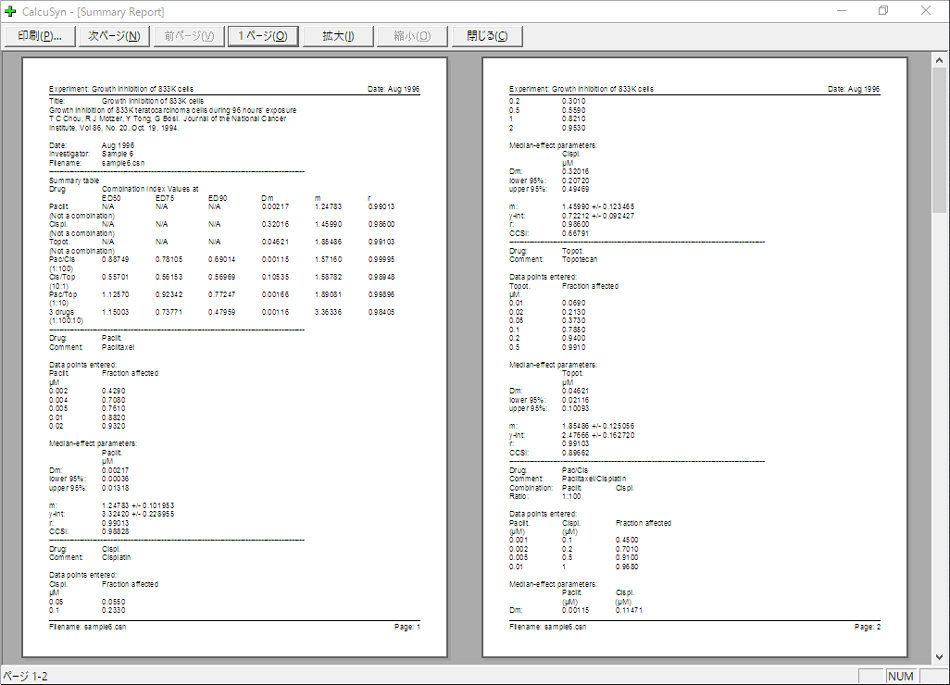

6 Cell lines deficient in the ERCC2 and ERCC3 DNA repair helicases are minimally sensitive to conventional anticancer agents, but are relatively hypersensitive to illudins, 6 suggesting repair of illudin-induced DNA damage requires the early action of the helicases before repair can proceed.Īlthough Illudin S ( Figure 1) proved too toxic for effective use in vivo, 4 we developed a class of illudin-derived agents, called dehydroilludins, with an improved in vivo therapeutic index against experimental tumors as compared to the parent compound. 4 MGI 114 is known to produce an unusual type of DNA damage which induces apoptosis in some tumor cells, but the nature of the lesions have not been clearly defined. 4 5 In contrast, normal bone marrow progenitors or fibroblasts are relatively resistant to illudins and require micromolar concentrations for equivalent in vitro cytotoxicity. 1 2 3 The illudins are preferentially cytotoxic in vitro to a variety of hematopoietic and solid tumor cells at nano- to picomolar concentrations. Illudins are sesquiterpenoid compounds derived from the mushroom Omphalotus illudens and related species of basidiomycetes, whose chemical structure is different from known chemotherapeutic agents. These results support further in vitro and clinical investigation into both the anti-myeloid leukemic activity of MGI-114, and the cooperative pharmacologic interaction noted between MGI-114 and topoisomerase I inhibitors.

A marked therapeutic synergistic action was observed with MGI 114 and topotecan combinations of ½ MTD of each agent producing complete tumor remission in 50% of animals, without development of excessive or additive toxicity in animals. our results indicate that mgi 114 at maximum tolerated doses (mtd) of 7 mg/kg, five times per week for 3 weeks does display anti-myeloid leukemic properties in the hl60/mri xenograft model which exceeds activity noted with other conventional agents (tgi > 70%). In addition, because of the reported synergistic cytotoxic activity between MGI 114 and the topoisomerase I inhibitor topotecan towards pediatric human tumor cell lines, we tested the activity of MGI 114 and topotecan combinations against HL60 cells in vitro and the hl60/mri myelocytic xenograft. The present studies were undertaken to evaluate the efficacy of MGI 114 in the HL60/MRI myeloid leukemia xenograft. Due to the marked preclinical efficacy of MGI 114 against a variety of solid tumor xenografts, the current phase II human trials are restricted to solid tumor (breast, lung, colon, ovarian, pancreas, prostate, etc) malignancies. The illudins were originally thought to be potentially useful agents for myeloid leukemias, because hematopoietic tumor cells were markedly sensitive whereas normal bone marrow progenitors were relatively resistant to the cytotoxic effects of illudins. The illudin derivative MGI 114 (6-hydroxymethylacylfulvene or HMAF) is currently in phase II chemotherapeutic clinical trials for a variety of solid tumors.


 0 kommentar(er)
0 kommentar(er)
